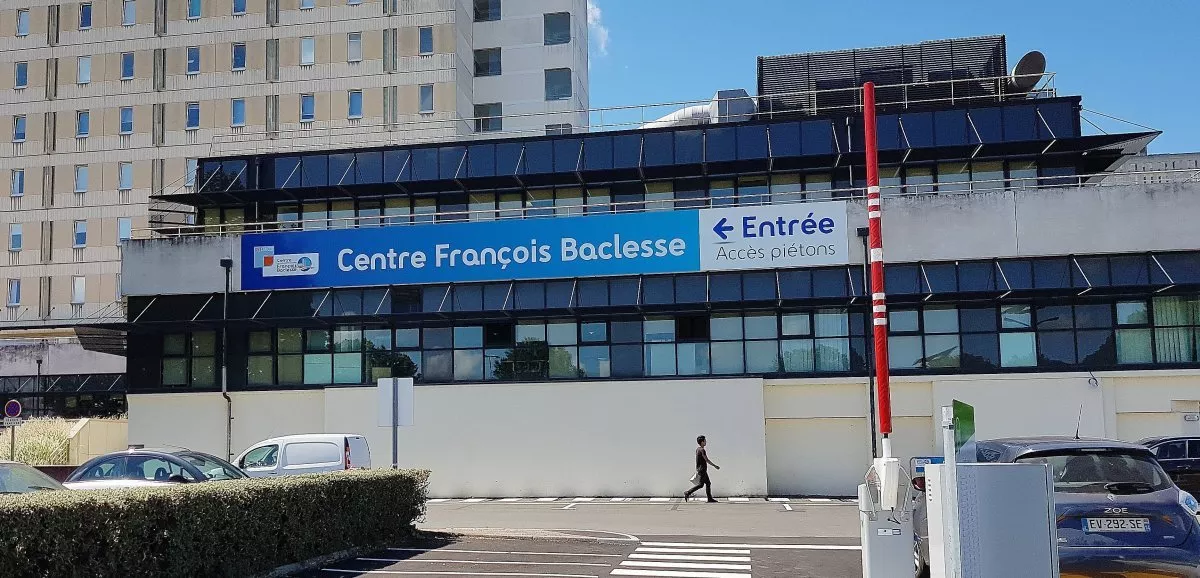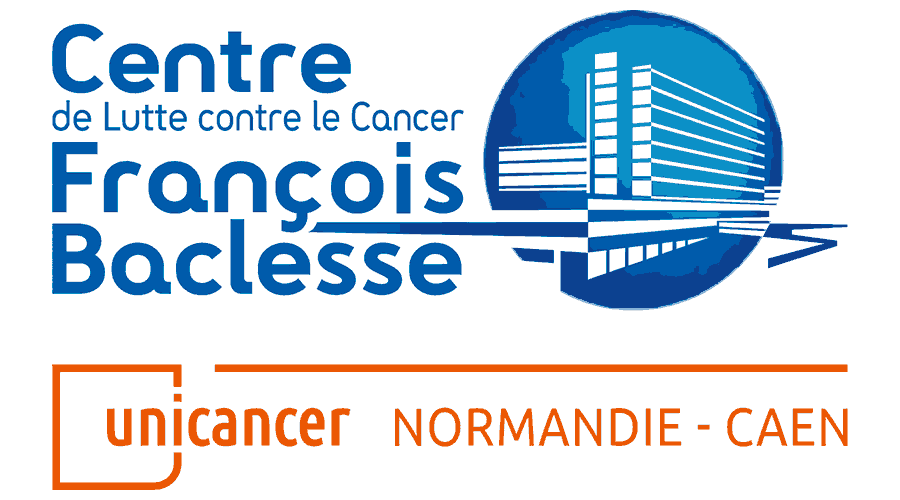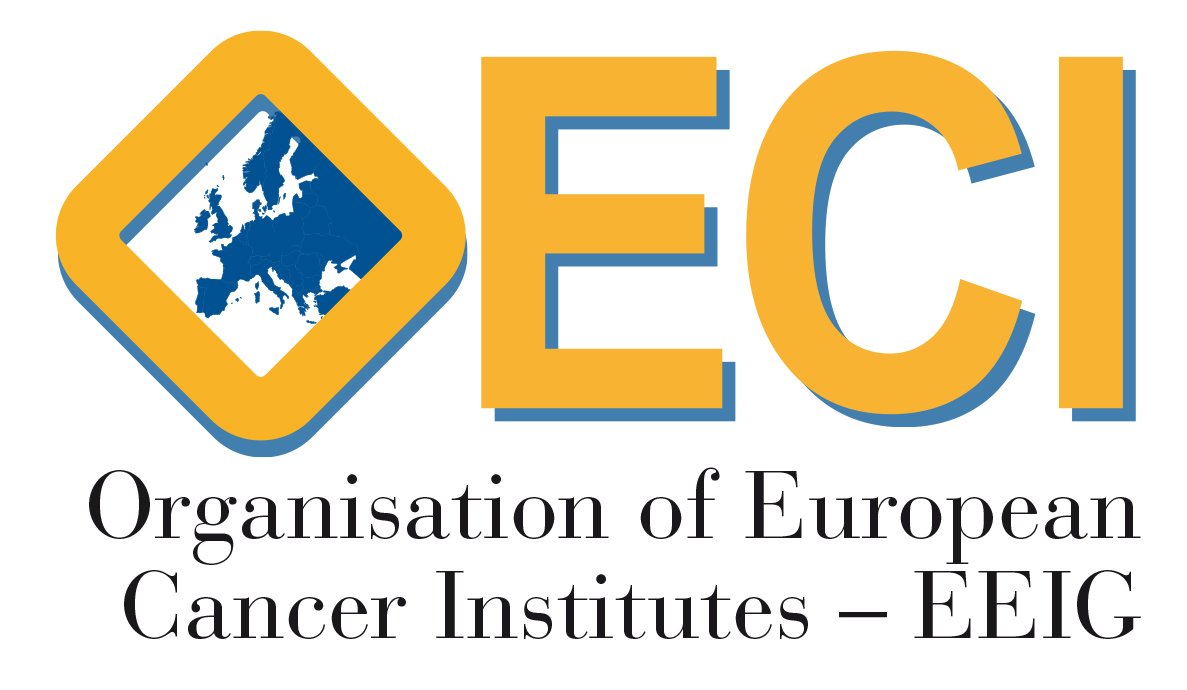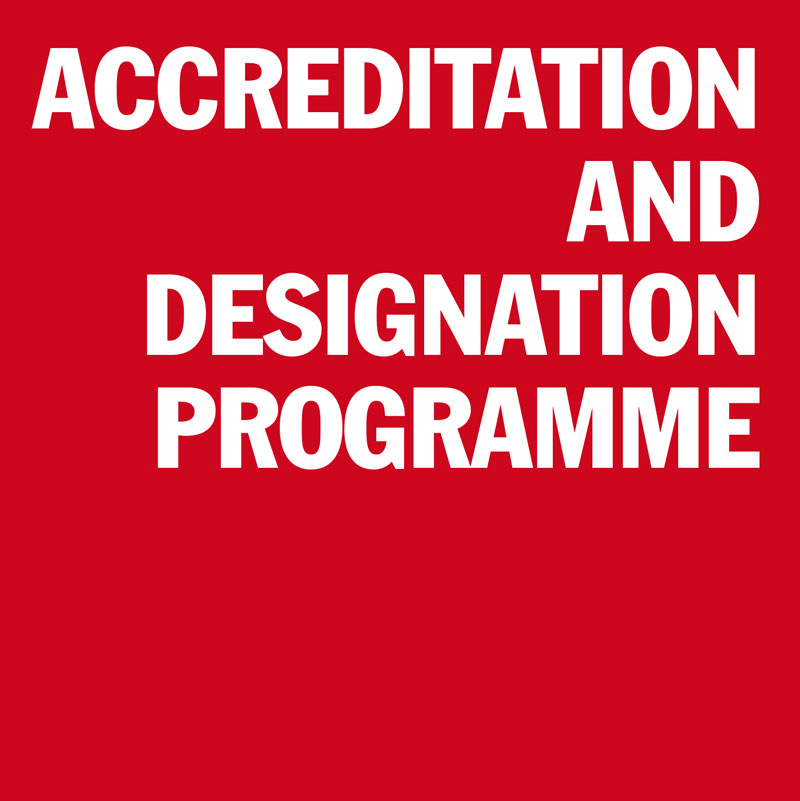Excellent Practices
ATOSS (Transversal Activities in Oncology and Supportive Care)
Practice Category: Services
Centre: Centre François Baclesse

Claire Delorme
c.delorme@baclesse.unicancer.fr

Challenge which the practice addresses
From a medical viewpoint, there are many challenges:
- Screening for vulnerability and needs in order to anticipate the complications, adverse effects and/ or late effects from treatment
- Adapting to cancer as a chronic disease, developing from the idea of care pathways to life pathways and to the development of care beyond the hospital
- To maintain home-based care for as long as possible
- To address the absence of public reimbursement of many Oncology Supportive Care services
- To develop skills and expertise and to strengthen research
From an organisational viewpoint, the centre is committed to:
- Move from multidisciplinarity to interdisciplinarity
- Adapt to complexity
- Coordinate, inform, communicate
Solution
The centre has chosen to reorganise all Oncology Supportive Care within the same department, to enhance its care offer in reference to publications, to create and develop a specific hospitalisation unit, to encourage the hospital care and external care link.
The following key events are worthy of note:
- 2008: allocation of medical time for coordination
- 2013: grouping of all activities in the same department
- 2016: opening of a scheduled hospitalisation department (day and week hospital)
- 2020: start of outpatient consultations, outside the hospital, in the city centre, involving cancer supportive care
- 2021: creation of a supportive care Multidisciplinary Meeting
Several professionals from the department take part in themed groups at regional or national level, and contribute towards university teaching and a number of research projects.


Impact
The care offer is wide and varied. It is traced and coordinated between the various healthcare professionals involved. It is adapted to suit patient care pathways and is progressive. E.g.:
Critical success factors
- The creation of an oncology supportive care platform was made possible thanks to strong institutional support, integrated in a continuous action. Freeing up medical time for coordination is an essential prerequisite to the grouping of activities and the deployment of interdisciplinarity.
- Funding and support enables access to oncology supportive care for all patients, irrespective of their personal income.
- Internal communication and clarity of the care pathway offer and its organisation are essential in coordinating oncology supportive care services with other treatment modalities.
- The construction and deployment of training programmes and research enable oncology supportive care to be integrated in our long-term policy, innovation and excellence.
- adapted physical education is now offered to hospitalised patients as a complement to rehabilitation in Enhanced Recovery After Surgery (ERAS).
- consultations on onco-sexuality are now offered at regional level
- cognitive stimulation workshops are now offered
- onco-aesthetic care is now offered to ENT/UAT patients
Next steps
To develop long-term follow-up consultations in oncological supportive care after cancer in children or young adults; to develop research on this theme.
Raising awareness of our expertise in oncology supportive care; proposing training that meets healthcare professionals’ expectations, in order to include them in care pathways and in the post cancer period.
To pursue the Mindfulness and cancer project, and to develop such a practice for healthcare professionals, in order to enhance quality of life at work.
To conduct evaluation of the quality of care provided in our department.

